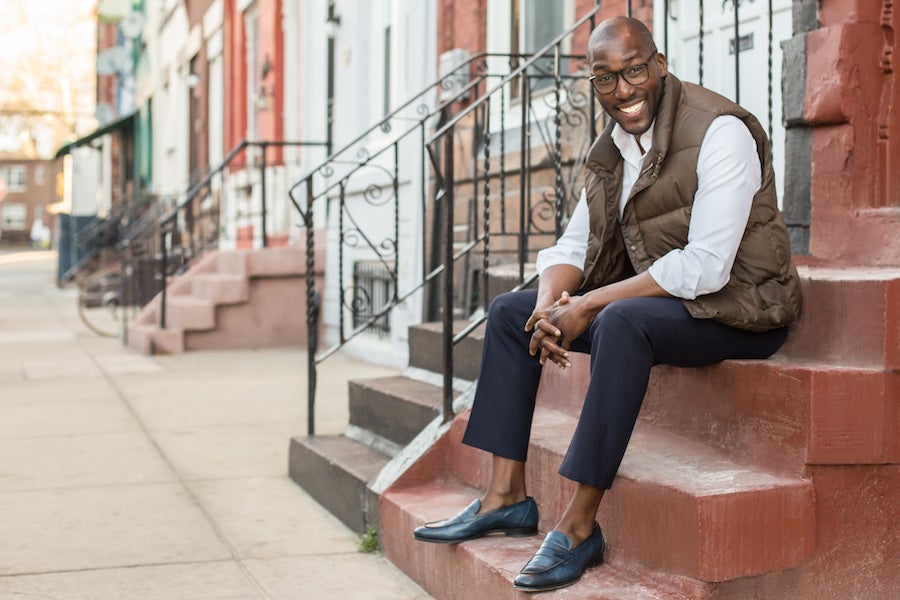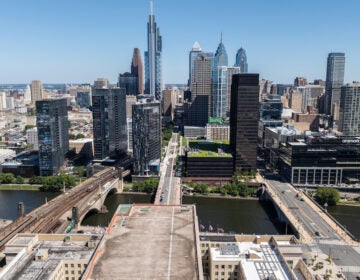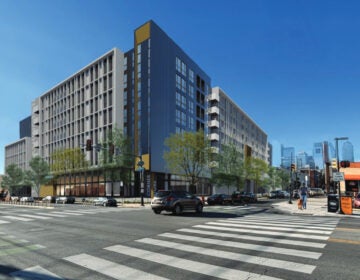NYC investor promises $50M for Philly’s “middle” rental market

Doing well by doing good in real estate? New York-based investor Tawan Davis has come to Philadelphia with the intention of investing $50 million into affordable rental housing for working families and tenants in the “middle” of the local market, Sandy Smith reports for Philly Mag. Davis, CEO of the Steinbridge Group, says that he sees “an opportunity for the private sector to come in and fill the hole in the doughnut.” Already, the firm has bought 60 houses, and another 40 are under contract, according to Smith. Ultimately, the firm plans to acquire 400-600 Philly homes. A Harvard MBA who worked for New York Mayor Michael Bloomberg before joining Steinbridge, Davis says he intends to be a good neighbor, for the long-term. “That’s why I moved here, that’s why we’re building an office here, and that’s why I’m building a team here.”
Transit ridership in Philadelphia dropped by more than 5 percent between 2016 and 2017, a trend consistent with other major U.S. cities such as Chicago, Seattle, and San Francisco, writes Michael Lewyn in Planetizen. Why the decline? Lewyn considers two explanations: increased competition from on-demand ride services such as Uber and Lyft and the rise of biking. The New York blogger isn’t the first one to make that connection. “Our ridership may be more sensitive than it used to be,” Erik Johanson, director of innovation at SEPTA, told PlanPhilly’s Jim Saska last year. “You have Uber, Lyft, [Indego] bike share: You have competitive alternatives out there, so people have options when it comes to their discretionary travel.” Lewyn’s second explanation considers the possibility that as the economy improves and gas prices flatten, more people are choosing to drive. That connection has some merit in Philly, where the majority of commuters have historically traveled by car.
Philadelphia should embrace dockless bike share technology, argues Dena Driscoll in an op-ed for the Philadelphia Inquirer. In response to Jim Saksa’s article last week about the city’s open call for Indego 2.0 technologies, Driscoll makes a case for the controversial business model. She answers critics’ concerns about bike-cluttered sidewalks with a call for more bike parking and says that she “doubts” people will cart off and abuse the 40-lbs bikes, as they have in other cities. To naysayers who ask if Indego’s not broken, why add dockless? Driscoll points out the not-small costs of installing new docks under the current model and argues that the new approach will engender faster expansion in neighborhoods outside of Center City.
PSA: City officials will be at Front Street Cafe at Front and Thompson Streets on Monday, January 22nd from 5 pm to 6 pm to discuss enforcement and fines for posting signs on street lights, utility poles, and other surfaces, 24hrPHL shares. City law considers signs on poles litter and the Kenney administration is stepping up to “identify violators and enforce City code violations regarding posting signs on the public right of way and public property.” Signs advertising houses for cash, known as ‘bandit signs,’ came up in the news in 2017 following a poorly-received flyer campaign advertising a new neighborhood called “Stonewall Heights.”
WHYY is your source for fact-based, in-depth journalism and information. As a nonprofit organization, we rely on financial support from readers like you. Please give today.







